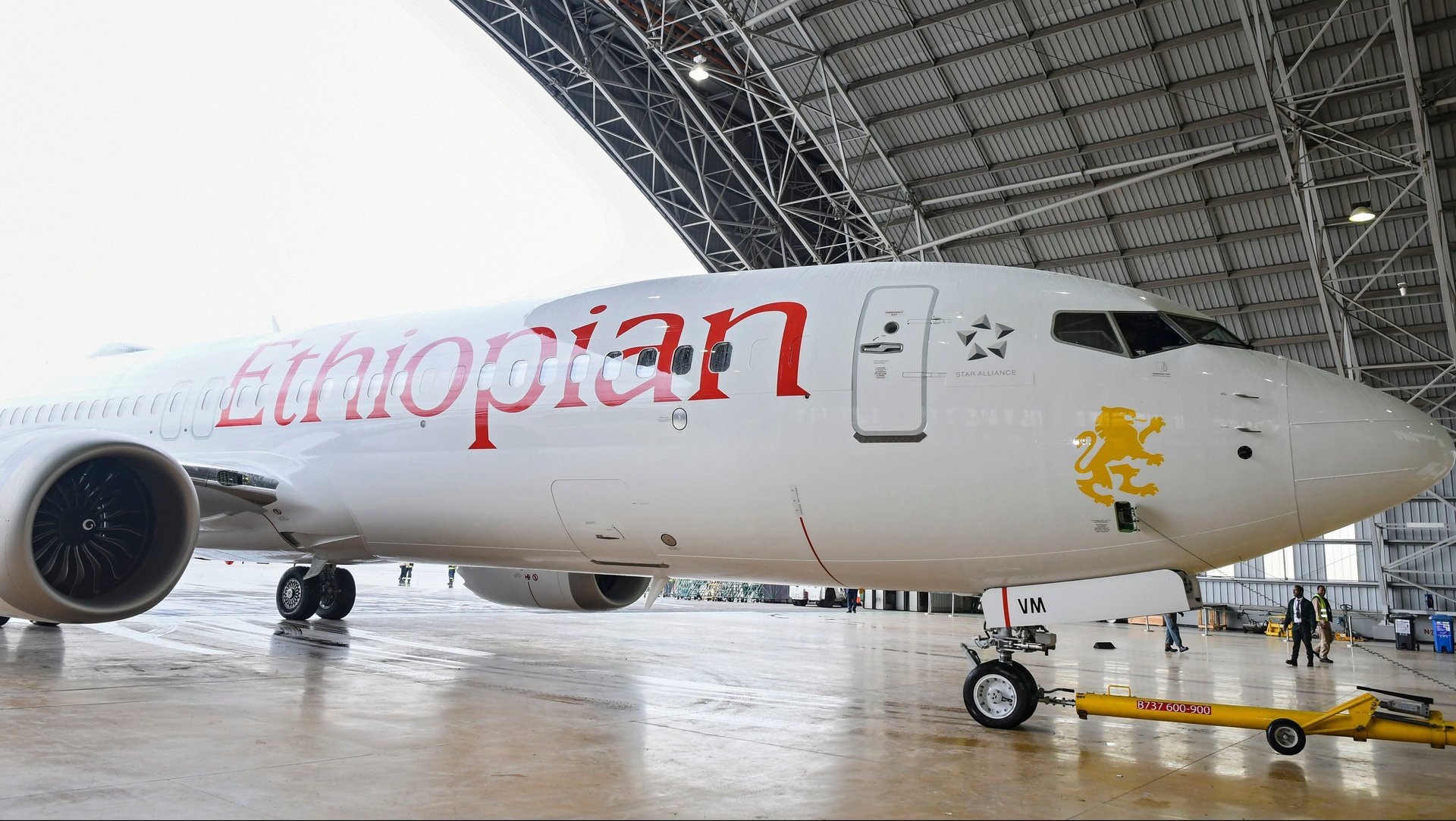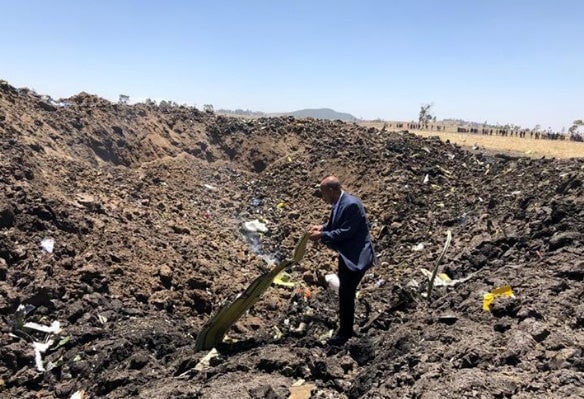The danger of Ethiopian Airlines flip-flopping on its post-Boeing crash messaging
Ethiopian Airlines is tackling its biggest disaster in years—a tragedy that reverberated across the world on Mar. 10 when its Nairobi-bound ET 302 flight crashed minutes after take-off, killing all 157 people on board.


Ethiopian Airlines is tackling its biggest disaster in years—a tragedy that reverberated across the world on Mar. 10 when its Nairobi-bound ET 302 flight crashed minutes after take-off, killing all 157 people on board.
In its over 70-year history, the airline has transformed itself not just into Africa’s largest airline, but a profitable symbol of pride for the almost 11-million people it hauls to five continents annually. Yet in the ensuing days of the crash, the carrier has had to defend its record, fending off allegations that it prioritized growth and profit at the expense of safety and adequate training. Its longstanding relationship with Boeing has come under scrutiny too, especially following the grounding of the Boeing 737 Max, a best-selling jet that was also involved in the October Lion Air accident that killed 189 people in Indonesia.
During times of crisis, how organizations respond, address the affected parties, and whether they take a proactive or reactive approach to media coverage is very crucial. Boeing, for instance, has been criticized for being “too defensive, slow, and passive” in its feedback, with its leadership saying little if anything at all. The aircraft manufacturer currently stands accused of charging extra for safety features, rushing the certification process of the 737 Max, and trying to delay the grounding of the model after chief executive Dennis Muilenburg placed a call to president Trump.
On the contrary, Ethiopian has been quite the opposite and “doing very well” in its response, says aviation expert Chrystal Zhang. The airline has so far released 13 updates on the crash, while its CEO Tewolde GebreMariam and top management officials have granted regular interviews to the press.

Yet as investigations get underway, cracks are starting to appear in the way Ethiopian responds to this crisis. In fact, experts say the ungainly handling of communications started from when the plane initially went down. Prime minister Abiy Ahmed’s office was the first to break the news on Twitter, ahead of the carrier’s confirmation by more than an hour as families and reporters scurried to confirm the news. Even though it’s a state carrier, public relations experts say it would have been prudent for the announcement to come from the airline first or if both entities simultaneously shared the news.
This week, the airline also refuted reports its CEO had said the preliminary report of the crash will be released “maybe this week or next week.” That message was wrong given that Tewolde said that on record to reporters, including this one, at a conference in Kigali, Rwanda last week.
The refutation came after the carrier denied reports in both the New York Times and the Washington Post that quoted documents and sources saying it failed to update its manuals and that pilots on the doomed flight weren’t trained on the 737 Max 8 simulator. The airline denied the claims without providing any evidence to the contrary which ultimately served as an excuse for online trolls who argued the media was acting as a foil for Boeing. A New York Times’ Ethiopian-born reporter, for instance, was attacked for being “a traitor.”
Tewolde also told the Wall Street Journal the stall-prevention feature that’s currently under probe was likely activated during the flight—yet refused to confirm the same when Quartz Africa queried him, saying “we cannot disclose information which is part of the investigation.”
Then Ethiopian itself has tripped up on some of the corporate messaging on social media given the sensitivity of this issue and has drawn criticism from followers over spelling and grammatical errors which might cause confusion and ambiguity over the meaning of certain press releases.
Ethiopian Airlines remains a reputable, fast-growing airline that’s promising to continue its pan-African expansion plans despite dealing with its deadliest crash ever. In the crucial weeks ahead, the last thing the carrier wants is to flip-flop on its messaging and sully that reputation.
Sign up to the Quartz Africa Weekly Brief here for news and analysis on African business, tech and innovation in your inbox